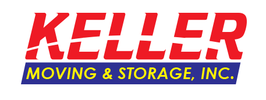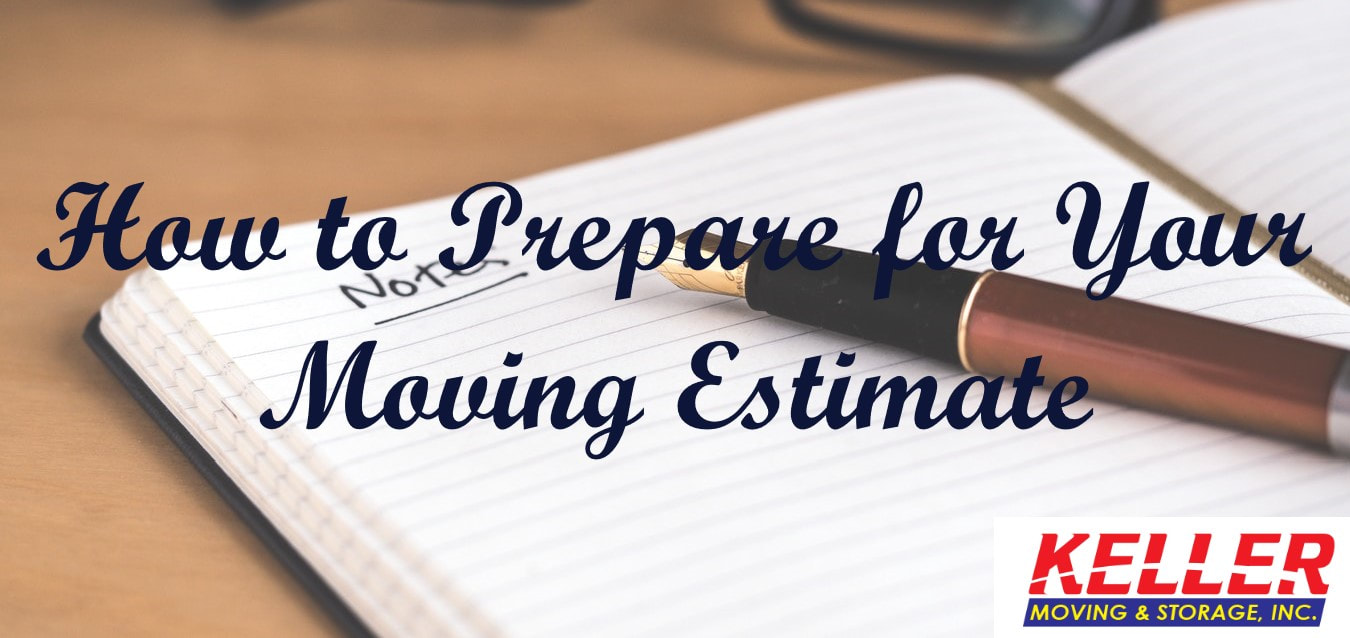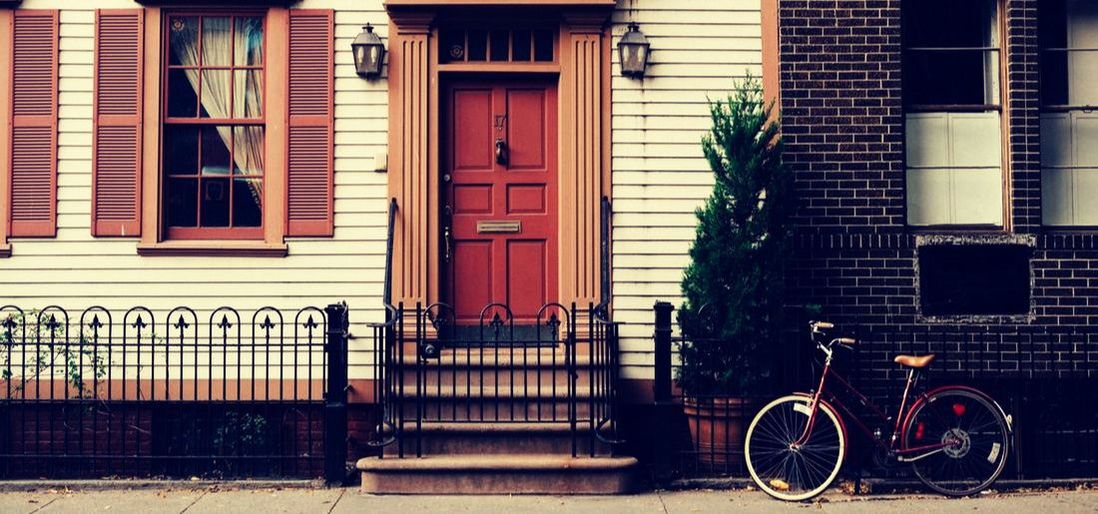|
If you’re about to contact a mover, chances are they will schedule an in-home estimate with you. You might ask yourself why these appointments are necessary – it’s just moving, after all. You'll be surprised to discover that the visual estimate is the first and most important step to your relocation. It will teach you about the moving process (there’s a lot to it!), prepare you for your moving costs, and give you the confidence in choosing the right company for your family. Another purpose for the in-home estimate is to ensure your mover brings the proper manpower, equipment and materials. An average estimate will take 30 – 45 minutes. All Pennsylvania moving estimates must be offered to you for free. By the end of your appointment, you’ll want to have an accurate written proposal. Since you don’t move every day, you’ll want to know a few of things to make sure your estimate is right on the money. Your Moving ScheduleOnce your settlement and/or lease dates are official, you should search for movers right away. Estimates are valid for a few months, so if you call too soon, your estimate could change. If you received your estimate already and things didn't work out, let the movers know. A professional mover will be understanding and accommodating with your changes. If you wind up needing storage, your mover can offer revisions. If you’re satisfied with the estimate and ready to reserve your move, call their office and let them know you accept their proposal. An estimate is not a contractual agreement until signed off. Make sure your moving dates are confirmed in writing. You don’t want your mover cancelling on you at the last minute. Your Moving NeedsWhat type of move are you looking for? Do you want to leave everything to the movers? Do you want the movers to only handle your large furniture? Do you need storage while you search for your dream home or between settlements? Your basic moving services will include the handling of your everyday furniture and your packed boxes from point A to point B. Supplemental or special services such as packing, storage, disposal, rigging, unpacking and crating are additional to your basic service. Hiring movers for specialty services will make your life easier. Consider your budget as you plan for these extra services. As you meet with the estimator, point out pool tables, pianos, exercise machines, grandfather/mother clocks and antique pieces. You’ll find that these items require special care & attention. Your ShipmentAs your estimator surveys your home, they’ll compile an inventory onto their tablet. This inventory will serve as a guide for your mover. Before the estimate, you’ll want to assign your possessions into three main categories: (#1) what’s being moved. (#2) what’s staying with the house. (#3) what you plan on getting rid of. Review your sale or lease agreements for category #2. Your estimator will ask if you're taking large appliances. Window treatments, light fixtures, wall-to-wall carpeting and other built-ins may be considered part of the sale and unlawful to remove. Category #3 items are tricky. These are the items you plan on selling, donating, giving to family and/or throwing away before the move. If you can’t get rid of everything on time, there are contingency services your mover offers. Disposal and charity drop offs are common services. Talk about this with your estimator and ask for advice. In most instances, they’ll recommend keeping #3 pieces on the estimate for now. Your DeliveryAs your estimator records your belongings, he’ll also assess the layout of your current household. In most instances, the movers won’t be able to see your destination until moving day. If you know where you’re moving to, describe the location to the best of your ability. Compared to a single-floor rancher, for example, a condo on the eighteenth floor will be handled differently. Mention any potential obstacles the movers may experience, such as low hanging wires under 14 feet, driveways & parking surfaces, long walks, freight elevators, multiple or spiral staircases and narrow hallways. Also consider the drive to your new home; the movers may need to reroute to avoid low bridges. If it’s possible, take room measurements at your future home and make sure your furniture will fit. This is especially important in smaller apartments and historic houses. If the furniture will not fit in a certain room, have a back up plan. Your movers can either place the bulky pieces into another section of the home (like a garage or basement) or offer disposal service. Scheduling a free, in-home estimate will give you the best approximation on your moving costs. Hiring a reputable mover will make moving day stellar.
3 Comments
3/19/2021 03:21:34 am
One of the most expensive parts of the moving process is purchasing moving boxes. Almost all your items will be packed into boxes, with the only exception being big, heavy items such as furniture.
Reply
3/22/2021 07:28:30 am
Trust, reliability, and experience are going to be the most important factors when selecting a moving company to take up your commercial move.
Reply
4/15/2021 11:51:54 am
If you want to shift from one place to another, always consult with professional and local movers because they have experienced staff who do their job properly.
Reply
Leave a Reply. |
|
Keller Moving & Storage
208 Progress Drive Montgomeryville, PA 18936 610-797-4886 |
PUC 8911561
DOT NO. 2378037 |
Site powered by Weebly. Managed by Directnic






 RSS Feed
RSS Feed